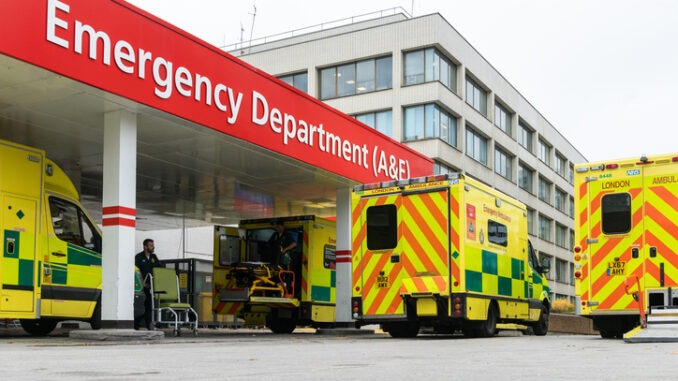
As reported by the BBC, the risk to patients will only get worse unless the government reaches an agreement to prevent further strikes, NHS leaders have warned
In a letter to the prime minister and health secretary, they said there was “deep worry” about Wednesday’s strike.
People are being asked to only call 999 in a life-threatening emergency, but NHS England says emergency care will continue to be provided.
Ambulance response times are already twice as long as two years ago.
The letter, signed by the leaders of NHS Confederation and NHS Providers, says the action being taken by ambulance workers “isn’t just about pay but working conditions: many have said they are doing this because they no longer feel able to provide the level of care that their patients need and deserve.”
They urged ministers to “do all you can to bring about an agreed solution”.
Health secretary Steve Barclay said the pay deal on offer to both ambulance staff and nurses had been agreed by an independent pay review body.
In England, eight out of the 10 major ambulance services have declared critical incidents – a sign of the intense pressure they are already under.
Ministers have urged the public to take extra care and suggested they avoid contact sports and unnecessary car journeys.
Unions say life-threatening callouts will continue to be responded to over the next 24 hours but some urgent calls, for example for late-stage labour or a fall in the home, might not be answered.


Be the first to comment